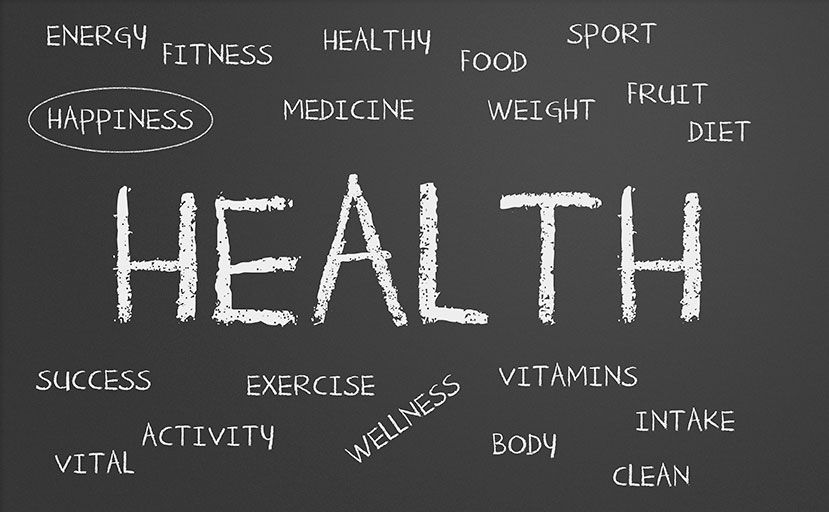

In today’s fast-paced world, respiratory health is more important than ever. With pollution levels rising and seasonal allergies becoming more aggressive, and the spike in COVID and RSV cases increasing, it's vital to fortify our lungs against these external aggressors. Fortunately, nature has provided us with an arsenal of phytonutrients (i.e. nutrients from plants) that can bolster our respiratory system. These powerful compounds, found in everyday foods, play a crucial role in maintaining and enhancing lung function.
Vitamin C, a well-known antioxidant, supports the immune system and can help reduce the duration of common colds (Feyaerts & Luyten, 2020). Citrus fruits like oranges, lemons, and grapefruits are rich in this vital nutrient. One cup of unsweetened cranberry juice provides about a quarter of the day's Vitamin C needs and also supports our immune system and digestive health.
Another key player is beta-carotene, which the body converts into vitamin A, essential for healthy mucous membranes in the respiratory tract. Foods high in beta-carotene include pink and orange fruits and vegetables such as carrots, sweet potatoes, and leafy greens. Cod liver oil is an excellent source of Vitamin A and now comes in a much more palatable form of softgel. Or you can take a beta carotene supplement to ensure you are getting enough, a kind of health insurance policy.
Flavonoids, found in apples, berries, and onions, have anti-inflammatory properties that can aid in reducing respiratory symptoms.
Omega-3 fatty acids, present in cold water fish like salmon, sardines, mackerel, and haddock are known for their anti-inflammatory effects and can help improve lung function.
Vitamins and mineral supplements can be a good insurance policy to ensure you are getting the nutrients you need by filling nutritional gaps in your diet. Getting our nutrients from food is always my first choice, but supplements can fill the holes in our diet. Check out my professional pharmacy, Fullscript.com, and receive a discount on all your supplement needs. I've put together a recommendation for professional grade vitamins for respiratory health. Just click on the Fullscript link and then click on the "Catalog" tab to view my recommendations.
Incorporating these phytonutrients into your diet is a step towards stronger respiratory health, but for personalized advice tailored to your unique needs, consider making an appointment for a nutrition strategy session to see how we can work together to optimize your health.
As a nutrition expert, I can provide you with a customized nutrition plan that targets your specific health goals, including enhancing your respiratory health. Don’t wait for symptoms to arise. Take control of your health today and breathe easier tomorrow. Schedule your nutrition consultation now and embark on a journey to optimal wellness.
How to incorporate these foods into your daily diet plan
- Start your day with a berry smoothie or with a small fruit salad including melon, berries, apples,
- Include 2-3 cold-water fish meals in your weekly meal plan.
- Add a side salad to lunch and dinner with shredded carrots, tomatoes, or radish dressed with vinaigrette dressing
For a more personalized plan, schedule an appointment today. There are limited number of free spots, Schedule your appointment toay.
Remember, the journey of a thousand miles, begins with a single step. Stay patient, persistent, and positive, and you'll be amazed at what you can accomplish.
I look forward to hearing from you.
Warmly,
Karen
REFERENCES
Feyaerts, A. F., & Luyten, W. (2020). Vitamin C as prophylaxis and adjunctive medical treatment for COVID-19?. Nutrition (Burbank, Los Angeles County, Calif.), 79-80, 110948. https://doi.org/10.1016/j.nut.2020.110948
Shakoor, H., Feehan, J., Al Dhaheri, A. S., Ali, H. I., Platat, C., Ismail, L. C., Apostolopoulos, V., & Stojanovska, L. (2021). Immune-boosting role of vitamins D, C, E, zinc, selenium and omega-3 fatty acids: Could they help against COVID-19?. Maturitas, 143, 1–9. https://doi.org/10.1016/j.maturitas.2020.08.003
Stephensen, C. B., & Lietz, G. (2021). Vitamin A in resistance to and recovery from infection: relevance to SARS-CoV2. The British journal of nutrition, 126(11), 1663–1672. https://doi.org/10.1017/S0007114521000246


